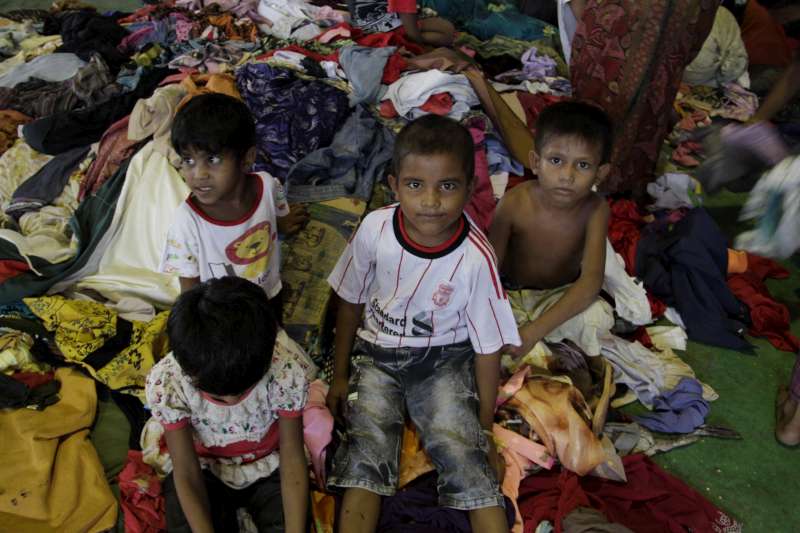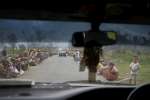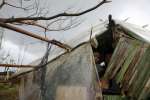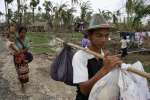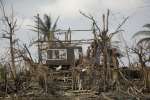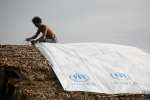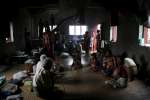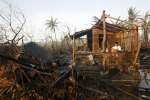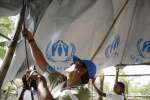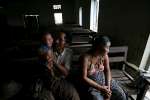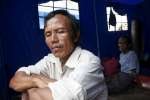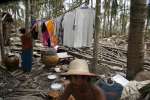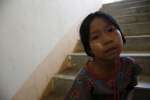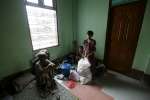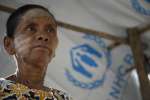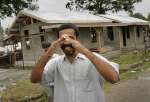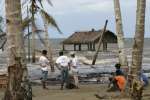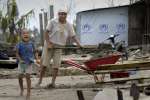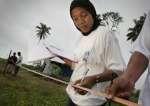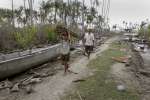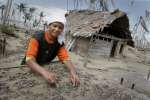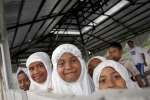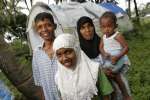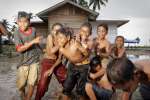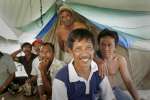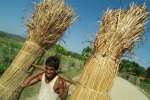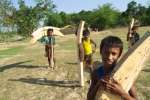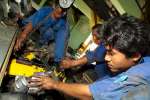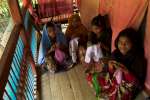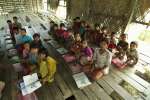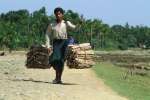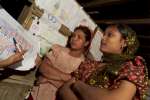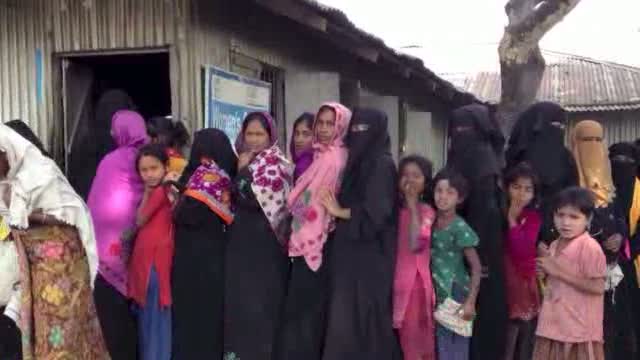UNHCR says time running out for stranded boat people; urges South-east Asian governments to act
News Stories, 19 May 2015
GENEVA, May 19 (UNHCR) – The UN refugee agency on Tuesday warned that time was running out for thousands of people in distress at sea and urged governments in the South-east Asia region to urgently rescue and disembark these vulnerable people.
"We estimate that nearly 4,000 people from Myanmar and Bangladesh remain stranded at sea with dwindling supplies on board. This includes some 2,000 men, women and children stranded on at least five boats near the Myanmar-Bangladesh coasts for more than 40 days. Unconfirmed reports suggest the number could be higher," UNHCR spokesman Adrian Edwards told journalists in Geneva on Tuesday.
In Myanmar, several hundred people have abandoned their journeys and returned to Rakhine state after paying smugglers on board an average of 200,000 to 300,000 kyat (US$182-US$273) each for re-entry. Their reports of food shortages, dehydration and violence on board are consistent with reports from arrivals in Thailand, Malaysia and Indonesia.
Since the weekend there have been no new reports of landings elsewhere in the region. In the last nine days, a total of 1,396 people have landed in Indonesia, 1,107 in Malaysia and 106 in southern Thailand.
Edwards said that in Indonesia's Aceh province, where UNHCR is registering Rohingya arrivals at Langsa, survivors have spoken of being abandoned by the crew and left adrift for days until approached by authorities whom they were unable to identify.
These officials provided food and water before pushing their boat away. "As supplies ran low, a fight broke out between passengers, resulting in deaths and people being thrown overboard. UNHCR cannot verify these claims, but has sought medical attention for the wounded among this group," the spokesman said.
In Malaysia, some arrivals currently in detention in Kedah state told UNHCR they were kidnapped or lured by false promises to board the smugglers' boats. They knew of other passengers who died at sea as a result of beatings by the crew, starvation and illness.
Given such accounts, as well as disembarking such boats, UNHCR has sought – with the governments in South-east Asia – urgent medical attention, assistance and protection. Those who have returned to Myanmar should be not be punished for irregular departure.
Read the Joint Statement by UNHCR, OHCHR, IOM and SRSG for Migration and Development.




